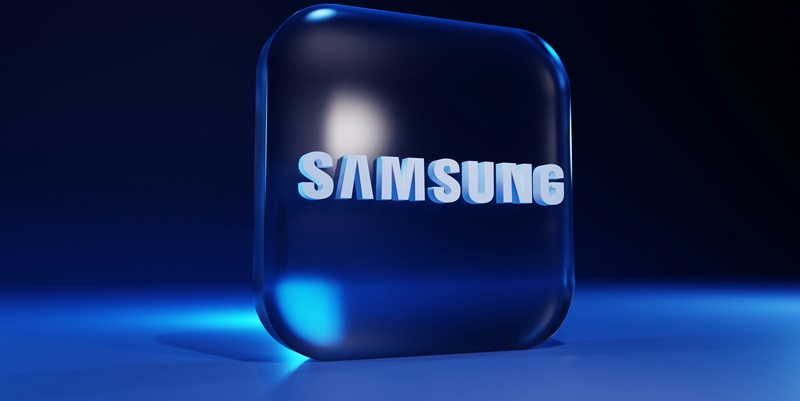In a move that signifies a significant shift in the landscape of mobile communication, Samsung is set to replace its native messaging app with Google Messages on new Galaxy devices, beginning with the foldable Z Fold6 and Z Flip6 models. This strategic decision, first reported by 9to5Google, aligns Samsung closely with Google’s push for the widespread adoption of RCS (Rich Communication Services) messaging. RCS, known for advanced features like improved group chats, read receipts, and its robust security measures, represents a substantial enhancement over traditional SMS messaging. Notably, Google Messages has increasingly been positioned as the default app for Samsung devices since the Galaxy S22 series. Thus, this development, although significant, is a logical progression for Samsung and an expected move for those following these tech giants’ strategies closely.
The New Standard in Mobile Messaging
Samsung’s transition to Google Messages does more than just switch out one app for another; it marks a concerted effort to provide what Samsung calls a “new and enhanced experience.” This change emphasizes more secure and engaging communication, a critical aspect in today’s digitally connected world. While the global reach of this change remains uncertain, some regions, notably Europe, may continue to see Samsung Messages pre-installed on devices. However, for users attached to Samsung’s traditional messaging app, there’s reassuring news: it will still be available for download from the Galaxy Store, though it might lack some of the advanced features offered by Google Messages. This approach balances innovation with user choice, allowing for flexibility while still moving towards a unified, more technologically advanced messaging standard.
The shift towards Google Messages signifies more than just a swap in software; it represents Samsung’s acknowledgment of the broader trends in the industry towards more reliable and feature-rich communication methods. Google has led the charge in promoting RCS as a superior alternative to the aging SMS protocol, with features that include end-to-end encryption, higher quality media sharing, and a more interactive chat experience. For users, this transition promises a more cohesive and secure form of messaging that could very well redefine their daily communication habits. Samsung’s decision to adopt Google Messages as the default messaging app on its latest flagship devices underscores its commitment to enhancing user experience through strategic tech partnerships.
Flexibility and Future Prospects
Samsung is transitioning to Google Messages as the default messaging app but remains mindful of user preferences. Users loyal to Samsung’s native messaging app can still download and use it, ensuring they aren’t pushed into an unfamiliar experience. However, Samsung Messages might lack the advanced features of Google Messages, especially in regions fully adopting RCS. This could influence users’ decisions, weighing their comfort with Samsung’s app against the benefits of Google Messages’ enhanced functionalities.
The upcoming Z Fold6 and Z Flip6, available for pre-order, highlight Samsung’s strategy to integrate cutting-edge communication tools with its latest devices. This move not only improves the user experience but also aligns Samsung more closely with Google’s vision for advanced messaging. This partnership signifies growing synergy between the tech giants and could lead to more collaborative innovations in the future. It also sets a standard other smartphone makers might follow, supporting the global adoption of RCS as the new mobile communication norm. In essence, Samsung’s shift to Google Messages represents a forward-thinking move to enhance user experience while preparing for future innovations.

